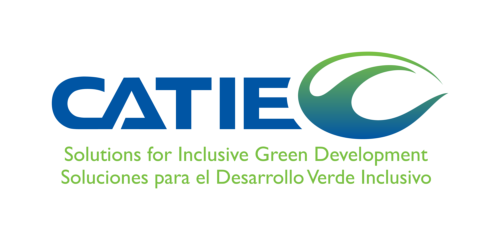
March - Marzo
3 - 5, 2026
CATIE, Turrialba
Costa Rica
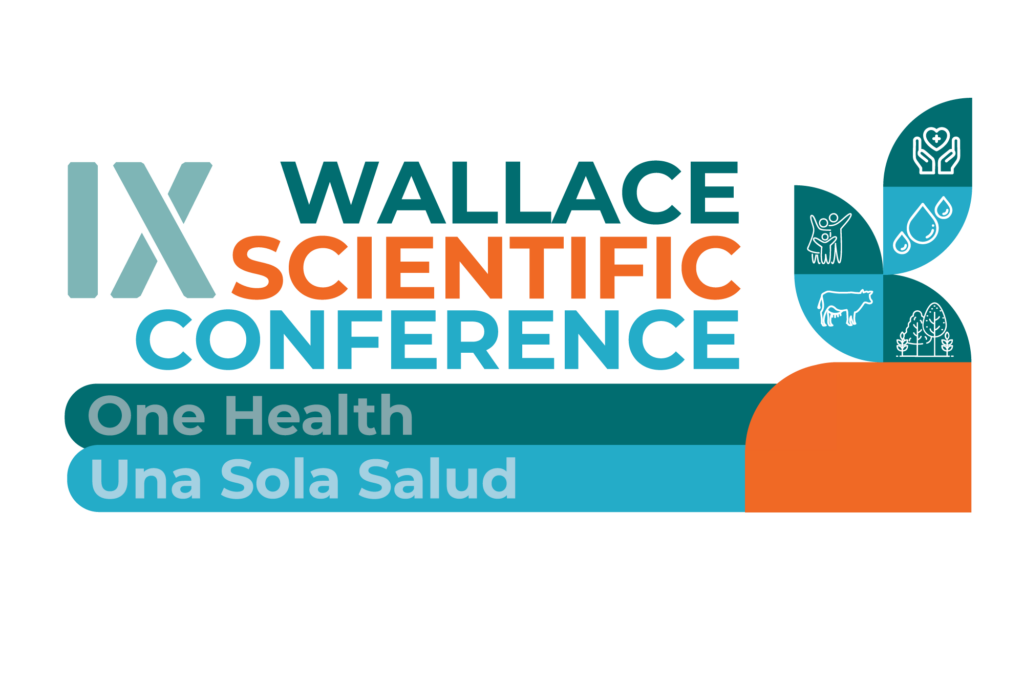
March - Marzo
3 - 5, 2026
CATIE, Turrialba
Costa Rica
La conferencia iniciará en:
participants
countries
institutions
high level speakers
researchers will be presenting the results of their work by oral presentation or posters
Pre-Opening
Apertura
Day 2
Day 3
Day 4
- 15:00 - 18:00
Registro
WhereMain Hall of the Henry A. Wallace Building, at CATIE - 18:00 - 19:00
CATIE 50 Years supporting food systems in Latin America and the Caribbean (20 minutes)
By Dr. Muhammad Ibrahim Director General CATIEQuestions and answers from the audience (10 min)WhereMain auditorium Wallace Building.  18:00 - 19:00
18:00 - 19:00Working towards the transformation of LAC food systems
By Dra. Leida Mercado Director of the DIDVI, Rolando Cerda Agroforestry, Reinhold Muschler Agrobiodiversity, Alejandra Martinez- Salinas Forests and BiodiversityQuestions and answers from the audience. 20 minutes.WhereAuditorium Wallace Building- 19:00 - 20:00
Light dinner
WhereCafeteria
- 07:00 - 08:00
Registro
WhereMain Hall of the Henry A. Wallace Building, at CATIE - 08:00 - 08:45
Opening ceremony
By Dr. Muhammad Ibrahim Director General CATIE, Mr. Fernando Vargas Vice-Minister of Agriculture, Costa Rica, Mr. Federico Villareal Director of Cooperation, IICA, Magali Roubieu Administrative Director, University of Montpellier, Dr. Sylvain Perret Scientific Director at CIRAD, Alexandra Bellayer-Roille French Ambassador (5 min. Video)WhereMain Hall of the Henry A. Wallace Building, at CATIE  08:45 - 09:15
08:45 - 09:15Conference agenda, dynamics and expected product.
By Dra. Leida Mercado Director of the DIDVI, Jennifer Kushner University of WisconsinWhereAuditorium Wallace Building- 09:15 - 09:45
Coffee break, stands, and poster exhibition
 09:45 - 10:45
09:45 - 10:45Land Use and Ecological Change: A 12,000-Year History
By Erle C. Ellis University of MarylandWhereMain auditorium Wallace Building 10:45 - 11:30
10:45 - 11:30Climate Change and Environmental Degradation: the need for transforming food systems through Innovation.
By Bruce Campbell Global Center on Adaptation/Clim-Eat/University of CopenhagenModerator: Pablo ImbachWhereMain auditorium Wallace Building- 11:30 - 12:30
Oral Presentations
• Mangroves and food systems: a participatory vulnerability assessment in Dominican Republic. Claudia Bouroncle, CATIE, Costa Rica
• The NAP’s an opportunity for agroforestry systems in Latin America. Vincent Gitz, CIFOR-ICRAF, Brazil
• Assessment of drivers and effects of pests’ outbreaks to prevent and mitigate the impacts. Mariela Leandro-Muñoz, CATIE, Costa Rica
• Land degradation and drought in Latin America and the Caribbean and the UNCCD. Édgar Gutiérrez, UNCCD.WhereAuditorium Wallace Building - 12:45 - 13:45
Lunch
 14:00 - 14:45
14:00 - 14:45Working landscapes and native habitat for ensuring benefits for food security and nature’s contributions to people.
By Lucas Garibaldi Institute of Natural Resources, Agroecology, and Rural Development (UNRN/CONICET)Moderator: Rolando Cerda and Alejandra MartínezWhereMain auditorium of the Henry A. Wallace Building- 14:45 - 16:00
Oral Presentations
• Agricultural risk management and adaptation pathways in Northern Central America. Pablo Imbach, CATIE, Costa Rica
• Financial feasibility and social suitability of oil palm agroforests in the Brazilian Amazon. Andrew Miccolis, CIFOR/ICRAF, Brazil
• Methodology to identify optimal areas for the establishment of runoff water harvesting works. Ney Ríos, CATIE, Costa Rica
• Land use and tree diversity on cattle ranches in Campeche, Mexico. Adaptation strategy. Andrés Felipe Ardila, Agrosavia, ColombiaWhereAuditorium Wallace Building - 14:45 - 16:00
Oral Presentations
• CBB-ABM: a simulator to explore the management of the Coffee Berry Borer multiple spatial. Sergio Vílchez-Mendoza, CATIE, Costa Rica
• Economic and environmental trade-offs and synergies in coffee agroforestry systems. Jeremy Haggar, University of Greenwich, United Kingdom
• Interacting pest control and pollination services in coffee systems. Adina Chain-Guadarrama, CATIE, Costa Rica
• Innovations and policies based on 20 years of findings from a coffee agroforestry trial. Elías Virginio Filho, CATIE, Costa RicaWhereEuropean Community Building meeting room - 16:00 - 17:00
Coffee break, stands, and poster exhibition
- 17:00 - 18:00
Special session: Agroforesta: Partnership Platform - Outstanding results and steps towards the future.
Coffee/cocktail offered by AgroforestaWhereMain hall of the Henry A. Wallace Building, at CATIE.Coffee/cocktail offered by Agroforesta - 19:00 - 21:00
Welcome dinner
WhereClub International
- 06:30 - 07:15
Breakfast
WhereCanopy shelter  07:15 - 07:45
07:15 - 07:45Conceptualising food system governance and its challenges
By Raffaele Vignola Wageningen UniversityModerator: Astrid PulidoWhereMain auditorium of the Henry A. Wallace Building- 07:45 - 09:15
Agroecology Coalition to transforming food systems
By Lorena Gamboa Forest Garden Products, Valentina Robiglio CIFOR-ICRAF, Paulo Niederle Professor of agri-food studies at the Federal University of Rio Grande do Sul, Cecilia Elizondo Mexican Society of Agroecology (TBC), Fergus Sinclair Moderator, Philippe Vaast ModeratorWhereMain auditorium of the Henry A. Wallace Building - 09:15 - 09:45
Coffee break, stands, and poster exhibition
WhereCanopy shelters  09:45 - 11:10
09:45 - 11:10Co-designing Public Policy to support the transformation of food systems
By Cristina Zurbriggen SARAS Institute and Ginya A. Truitt Nakata, Ginya A. Truitt Nakata Global Agriculture Coalition Builder and Strategic Thinker, Mr. Fernando Vargas Vice-Minister of Agriculture, Costa RicaModerator: Astrid PulidoWhereMain auditorium of the Henry A. Wallace Building- Moderator: Roger MadrigalWhereMain auditorium of the Henry A. Wallace Building
- 12:05 - 13:05
Oral Presentations
• Community forest management for food security in the Maya Biosphere Reserve. Róger Villalobos, CATIE, Costa Rica
• Governance for the promotion of climate-smart livestock. BioPaSOS results. Ileana Ávalos, CATIE, Costa Rica
• Socioecological resilience in territorial systems in Valle del Cauca, Colombia. Sonia Ospina, Agrosavia, Colombia.
• Governance for EbA in landscapes for the sustainability of food systems. Laura Benegas Negri, CATIE, Costa RicaWhereEuropean Community Building meeting room - 12:05 - 13:05
Oral Presentations
• Food system transformation: Recommendation for businesses. Hannah Wright, Small World Consulting, United Kingdom
• A socioenvironmental approach to contribute to the sustainability of oil palm smallholders. Jaime Cifuentes-Espinosa, ECOSUR, Mexico
• It’s not what you have, but what you do with it: relating production & dietary diversity. Leida Mercado, CATIE, Costa RicaWhereAuditorium Wallace Building - 13:05 - 14:00
Lunch
WhereCafeteria  14:15 - 15:30
14:15 - 15:30Indigenous food systems as game changers: the role of women and youth. - Indigenous peoples, food sovereignty, and climate change
By Francisco Rosado-May Intercultural Maya University of Quintana Roo, Victoria Reyes García University of CataluñaModerator: Barbara VigueraWhereAuditorium Wallace Building- 15:30 - 16:30
Oral Presentations
• How feminist perspectives can have a beneficial impact on food systems. Raquel Martínez-Gómez, Consultant, Spain
• Multilateral systems of cooperation in the sustainable production of healthy food. Charles Chachipuendo, Universidad Politécnica Salesiana, Ecuador
• Empowerment of food providers for women in the Kayambi territory biospheres, Ecuador. Narcisa Requelme, Universidad Politécnica de Madrid, Spain
• Transformation of food systems: lessons from Mesoamerican food traditions. Luis Ángel López, CATIE, Costa RicaWhereAuditorium Wallace Building - 16:30 - 17:00
Coffee break, stands, and poster exhibition
- 17:00 - 18:00
Special session: Rainwater harvesting project - CATIE - Water harvesting as innovating systems to deal with food and water security in the dry tropics.
Coffee/cocktail offered by the hostWhereSpecial session: Rainwater harvesting project - CATIE - Water harvesting as innovating systems to deal with food and water security in the dry tropics.
 08:00 - 09:00
08:00 - 09:00Equitable, ethical, and sustainable diets and food (Virtual Presentation)
By Jessica Fanzo Bloomberg Distinguished Professor of Global Food Policy, and Ethics at Johns Hopkins UniversityModerator: Reinhold MuschlerWhereMain auditorium of the Henry A. Wallace Building- 09:00 - 10:00
Climate finance for the sustainable transformation of food system (Virtual Presentation)
By Carlos Manuel Rodriguez CEO Global Environmental FacilityModerator: Leida MercadoWhereMain auditorium of the Henry A. Wallace Building - 10:00 - 11 :00
Oral Presentations
• Landscape Policy Accelerator: a journey to inspire and innovate economic incentives. Luciana Gallardo, WRI, United States
• Agricultural public support: levers for the transition of agriculture? Matthias Brun, Foundation Farm & Land Sciences Po Bordeaux, France
• Targeting domestic and regional markets to transform food systems in LAC. Marie-Héléne Dabat, CIRAD, Colombia
• Modeling climate finance instruments for the livestock sector: Case of Honduras and the Dominican Republic. Felipe Peguero, CATIE, Costa RicaWhereAuditorium Wallace Building - 11:00 - 11:45
Coffee break, stands, and poster exhibition
- Moderator: Alejandra MartinezWhereMain auditorium of the Henry A. Wallace Building
- 12:30 - 13:15
Joining forces for a common road map toward the transformation of food systems in LAC
By Jennifer Kushner University of WisconsinFacilitator: Leida Mercado, CATIEWhereMain auditorium of the Henry A. Wallace Building - 13:15 - 14:00
Closing ceremony
Dr. Muhammad Ibrahim, General Director, CATIE
Kim Hwangyong, Secretary General of KoLFACI (video)
Ambassador from the European Union (TBC)
Ambassador from Spain (TBC)
Ambassador from Switzerland (TBC)WhereAuditorium Wallace Building - 14:00
Lunch
WhereCafeteria
- 7:30 - 15:00
Field trips
• Botanical Garden, Coffee and Cacao Collections, Germplasm Bank, and Los Helechos organic farm (includes lunch)
• Sustainable Management of the Reventazon river basin
• Experiences in the production of processed dairy and beef cattle systems in the Atlantic region, Costa Rica.
Our Keynote Speakers
International experts setting the tone in environmental, agricultural, and human health
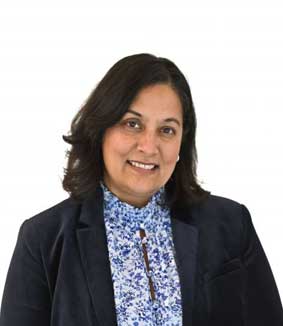
Professor Tahseen Jafry
Global Leader in Climate Justice & Social Equity
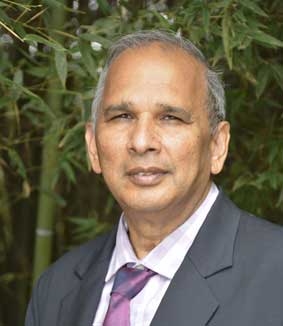
Dr. Muhammad Ibrahim
Advancing One Health through Sustainable Agriculture & Climate Resilience
🌍 Dr. Muhammad Ibrahim is a leading expert in sustainable agriculture and climate adaptation, with a deep commitment to the One Health approach—integrating environmental sustainability, animal health, and human well-being. As Director of International Cooperation at IICA, he drives global collaborations that enhance food security, biodiversity conservation, and resilient farming systems.
Formerly Director General of CATIE (2016–2024), Dr. Ibrahim led pioneering research on agroforestry, silvopastoral systems, and climate-smart agriculture, promoting healthier ecosystems that support both human and animal populations. His work in natural resource management, climate adaptation, and sustainable livestock systems aligns with One Health principles, ensuring that agricultural policies address the complex interactions between health, environment, and food production.
With a Ph.D. in Agronomy and Environmental Sciences from Wageningen University, he has been instrumental in shaping regional and global discussions on climate mitigation, ecosystem services, and regenerative farming practices. His leadership fosters science-based solutions to tackle emerging challenges, including zoonotic disease risks, soil health degradation, and sustainable food systems.
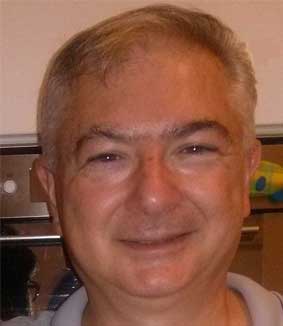
Dr. Aurelio Ciancio
Champion of Soil Health & Sustainable Agriculture in the One Health Era
🌱 Dr. Aurelio Ciancio is a pioneering researcher in soil ecology and sustainable plant protection, with a deep commitment to the One Health approach—highlighting the essential role of soil biodiversity in environmental and human health. As Senior Research Associate at CNR – Institute for Plant Protection (Italy), he has led groundbreaking studies on soil microbial communities, nematode biocontrol, and ecosystem resilience.
With over 40 years of research experience, Dr. Ciancio has advanced innovative techniques to analyze soil complexity and its interactions with plant and microbial life. His expertise in biological control agents, rhizosphere ecology, and soil microbiome dynamics directly supports One Health strategies, ensuring sustainable solutions for global food security and disease prevention.
He has coordinated multiple EU-funded projects, including H2020 MUSA, exploring microbial-based management of crop diseases. His work in metagenomics, nematode-pathogen interactions, and soil health diagnostics has shaped policies that integrate soil conservation into broader environmental and agricultural sustainability efforts.
A prolific scientific contributor and editor, Dr. Ciancio’s research continues to influence climate adaptation, biodiversity conservation, and agroecosystem management worldwide. His leadership fosters science-based solutions to address emerging challenges like soil degradation, plant disease outbreaks, and sustainable farming practices.
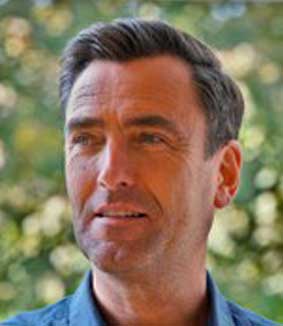
Dr. Carsten Brühl
Ecotoxicology & Soil Health in the One Health Era
🌱 Dr. Carsten Brühl is a leading researcher in ecotoxicology, specializing in the environmental impacts of pesticides on biodiversity and ecosystem health. As Team Leader for Community Ecology and Ecotoxicology at RPTU Kaiserslautern-Landau, he investigates the complex interactions between soil health, agrochemical exposure, and ecosystem resilience.
His work highlights the critical role of soil biodiversity in maintaining healthy ecosystems, linking soil degradation to broader environmental and human health challenges. Through extensive research on pesticide contamination, Dr. Brühl has demonstrated how chemical residues persist in soil and vegetation year-round, affecting pollinators, arthropods, and microbial communities.
A strong advocate for sustainable agricultural practices, he contributes to policy discussions on reducing pesticide dependency and promoting nature-based solutions for soil conservation. His expertise aligns with the One Health approach, ensuring that agricultural landscapes support healthy soils, thriving biodiversity, and resilient food systems.
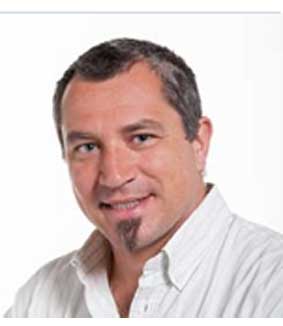
Dr. Eric Etter
Veterinary Epidemiology & One Health Leadership
🐾 Dr. Eric Etter is a leading veterinary epidemiologist, specializing in infectious disease risk assessment and the One Health approach, which integrates animal, human, and environmental health. As Extraordinary Professor at the University of Pretoria and CaribVET Secretary, he has played a pivotal role in advancing epidemiological surveillance, zoonotic disease control, and sustainable livestock health strategies.
With a Ph.D. in Parasitological Epidemiology, Dr. Etter has led international research projects tackling vector-borne diseases, antimicrobial resistance, and zoonotic infections such as bovine tuberculosis, brucellosis, and Rift Valley Fever. His expertise in risk analysis and disease prevention has shaped policies that safeguard public health, food security, and biodiversity conservation.
A strong advocate for One Health solutions, he has coordinated multi-country initiatives addressing sanitary risks in the Caribbean, arthropod-borne diseases, and agro-environmental health. His leadership fosters science-based strategies to mitigate emerging health threats at the wildlife-livestock-human interface.
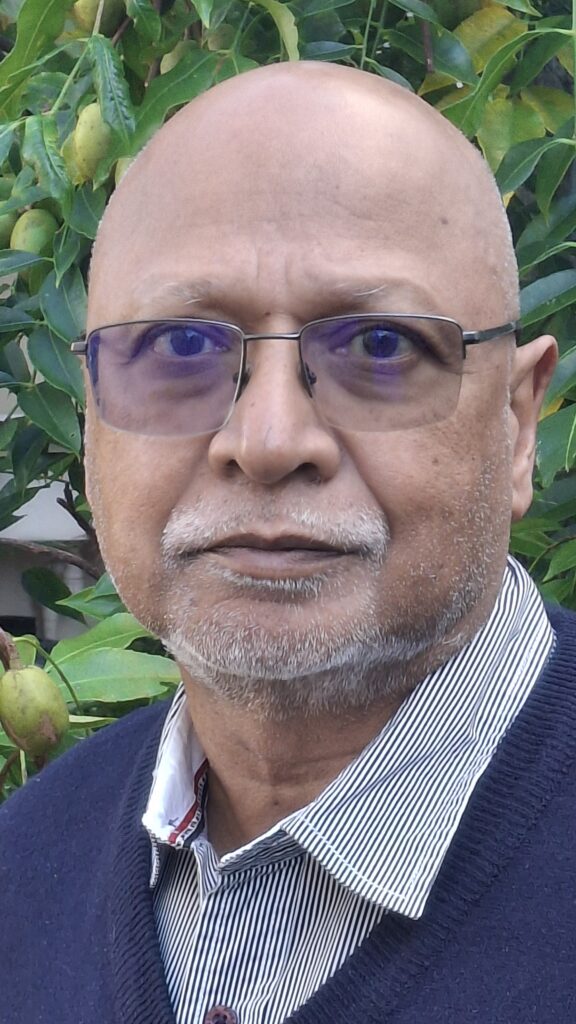
Dr. Alain Ratnadass
Agroecological visionary advancing “One Health-smart” agriculture for a resilient planet
🌿 With more than four decades of pioneering research across tropical landscapes, Dr. Alain Ratnadass stands as a global authority in agroecological crop protection and entomology. His work—spanning 37 years with CIRAD—has left an enduring mark across West and Central Africa, the South West Indian Ocean, and the Caribbean, where he has led transformative field research and regional collaborations.
Dr. Ratnadass holds advanced degrees from AgroParisTech and the University of Lyons, and his career exemplifies the fusion of science, impact, and sustainability. His expertise bridges a remarkable range of crops and pests, while consistently pushing forward integrated pest management (IPM), host plant resistance, and climate-smart solutions that protect biodiversity and secure global food systems.
An innovator of “One Health-smart crop protection,” Dr. Ratnadass champions approaches that address the interconnectedness of human, plant, and ecosystem health. With recent publications and active engagement in cutting-edge bioprotection strategies, his leadership signals a future where innovation in plant health underpins climate resilience and sustainable development.
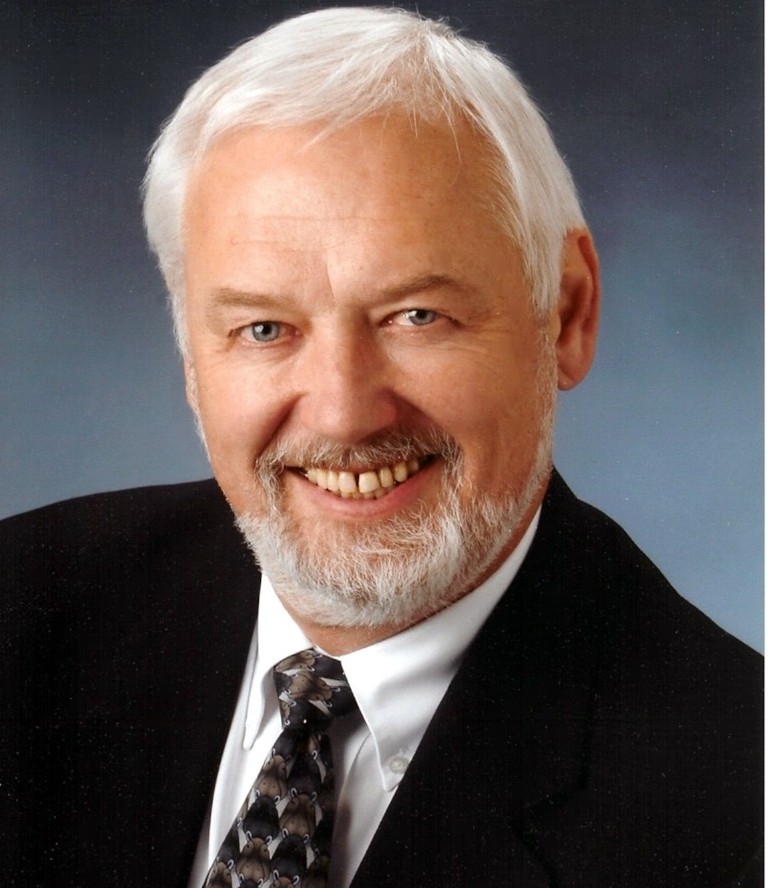
Dr. Richard A. Sikora
Microbial resilience, food safety innovation and decision support for tropical agriculture
🌱Richard A. Sikora is Professor Emeritus at the University of Bonn in Germany, and former Department Chairman as well as Leader of the Soil-Ecosystem Phytopathology & Nematology section. He is a leading international authority on soil and plant health management with emphasis on integrated pest management in tropical and subtropical agriculture. His research has been focused on: biological control of soil-borne fungal and nematode pests, promoting plant resiliency using microbial endophytes and to induce plant resistance, as well as, the use of remoted sensing to improve integrated field decision-making. His teams work has led to reduced pesticide dependence and improved soil and water quality. Richard was also influential in industrial research to improve food and human safety by reducing aflatoxin risks through field application of atoxigenic strains Aspergillus flavus to field crops, and is the editor of a number of cornerstone references including: the Routledge Earthscan Food and Agriculture Handbook: Transforming Agriculture in Southern Africa: Constraints, Technologies, Policies and Processes; the CABI edition of Plant Parasitic Nematodes in Subtropical and Tropical Agriculture and the recent Integrated Nematode Management: State-of-the-Art and Vision for the Future. His research team has published over 300 peer reviewed scientific articles that have aided students, practitioners, and scientists working with soil and plant health strategies across diverse cropping systems on a worldwide basis.
Richard has provided global leadership as Chairman of the CGIAR System-wide Program on Integrated Pest Management (SP-IPM) and as Convener of the Stellenbosch Institute of Advanced Study (STIAS) five year research program: The impact of sustainable intensification of agriculture on food security, the environment and human well-being in the rural urban continuum of Southern Africa.
His broad international experience and his understanding of the complexity of food production in the tropical and subtropical crops is directly linked to Soil and Plant Health within the One Health framework and to environmental quality and human well-being in mixed farming landscapes and agroforestry.
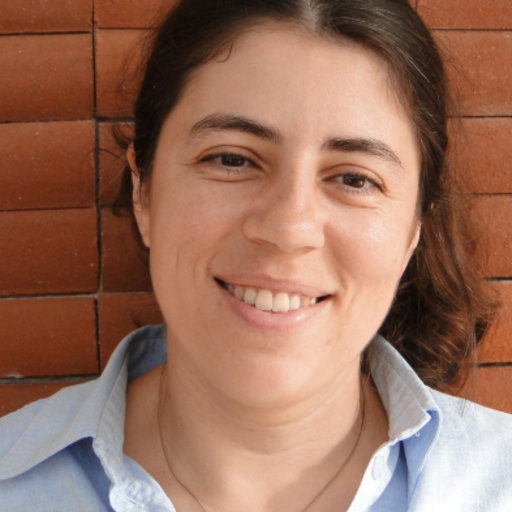
Dr. Paula Fernandes
Integrating Soil Science, Agronomy, and Microbiology to pioneer Nature-Based Solutions (NBS) to build sustainable and resilient food systems in tropical contexts.
🌱 Dr Paula Fernandes is a Senior Researcher at the French Agricultural Research Centre for International Development (CIRAD). Her profile as a Market Gardening Systems Agronomist combines expertise in Soil Science, Agronomy, and Microbiology, with a committed focus on developing agroecological and adoptable practices in tropical agroecosystems.
Her research is centered on developing and validating NBS that enhance the productivity and resilience of market garden crops, roots, and tubers. This involves the strategic use of local and available resources like service plants, targeted organic resource recycling, and the use of Beneficial Indigenous Microorganisms (BIM). These biological and ecological solutions are directly aimed at improving both crop yields and soil health, optimizing nutrient cycles and managing soil-borne pests through sustainable, natural processes in order to suppress pesticides and increase autonomy of producers.
Leveraging more than 20 years of field experience, Dr Paula Fernandes’ research is characterized by its inter- and multidisciplinary nature. She actively leads partnerships that integrate crop protection specialists, agronomists, ecologists, soils scientists, veterinarians, socio-economists, bridging fundamental and applied research with on-farm application in order to offer adoptable solutions to producers and reach local and territorial impacts. She coordinated 15 interdisciplinary projects committed to link agroecological practices with local farms, territorial and human health outcomes. This collaborative spirit is also evident in her work with institutions across the Caribbean Islands, West and Central Africa, and South Pacific, where she brings together multiple partners and bridges the gap between fundamental research and on-farm application.

Dr. María Arias
One Water for One Health: Water Quality, Emerging Contaminants, and Aquatic Ecosystem Health
💧 Dr. María Arias is a leading Costa Rican scientist in aquatic microbiology and environmental toxicology, with extensive expertise in water quality, emerging contaminants, and their implications for ecosystem and human health within the One Health framework. She is a Professor and Researcher at the Regional Institute for Studies on Toxic Substances (IRET) at the National University of Costa Rica, where she has worked since 2005, contributing to scientific research and academic training on environmental contaminants, freshwater ecosystems, and public health linkages.
Her research focuses on the impacts of pollutants—particularly microplastics—on aquatic microbial communities and the spread of antimicrobial resistance in freshwater environments. Dr. Arias holds degrees in Microbiology and Clinical Chemistry from the University of Costa Rica and earned her Ph.D. in Natural Sciences from the University of Potsdam, Germany. Her doctoral research, conducted at the Leibniz Institute of Freshwater Ecology and Inland Fisheries (IGB), examined how microplastics influence horizontal gene transfer of resistance genes in aquatic bacterial communities.
At the Wallace Conference, Dr. Arias will contribute to the One Water for One Health thematic session, highlighting the critical role of water quality and aquatic ecosystem health in safeguarding human and animal well-being. Her work underscores how freshwater systems function as key interfaces between environmental integrity and public health, and how science-based water governance is essential for addressing emerging contaminants, antimicrobial resistance, and climate-driven pressures on water resources.
The themes of the sessions of the IX Wallace Scientific Conference
- Soil Health: the role of healthy soil in supporting resilient agricultural systems.
- Plant Health: effects of production systems, reduction of pesticides, and agroforestry.
- Animal Health: impacts of disease prevention, animal welfare, sustainable livestock systems, food safety, and innovation.
- Ecosystem Health: safeguarding Biodiversity to Sustain Life-Supporting Services and Human Well-Being.
- One Water for One Health: integrating Holistic Water Management for Human, Animal, and Ecosystem Well-Being.
- Agri-Food Systems and Human Health: advancing Sustainable Nutrition, and Ensuring Food Safety.
Transversal Themes: integrating Nature based solutions, Climate change, Gender, Rural and Indigenous Perspectives, and Governance to Strengthen the One Health Approach
About the Conference
Since its inception in 2002, the Wallace Conference has served as a premier forum for high-level discussions on science and technology strategies pertinent to tropical agriculture, natural resource management, and biodiversity conservation. The IX conference aims to build upon the insights and collaborations fostered in previous editions, particularly the 2023 conference, which focused on transforming food systems in Latin America and the Caribbean (LAC) in response to environmental degradation and climate change.
Building upon the rich legacy of the Wallace Scientific Conferences, the upcoming 2025 edition will center on the One Health approach, emphasizing the intricate connections between human, animal, and environmental health. This holistic perspective is crucial for addressing global challenges such as climate change, biodiversity loss, and food and water security.
DÓNDE
Sede del CATIE
Turrialba, Cartago, Costa Rica
CUÁNDO
March 3 – 5, 2026
El idioma oficial de la Conferencia será el inglés, pero se contará con traducción simultánea (español-inglés).
SOBRE
EL CATIE
El CATIE (Centro Agronómico Tropical de Investigación y Enseñanza) es un centro académico de innovación y desarrollo sostenible en temas relacionados con la agricultura, el manejo, la conservación y el uso sostenible de los recursos naturales. Su área de influencia, por mandato, es la región de América Latina y el Caribe, sin embargo, su aporte a la región de América Latina y el Caribe y al mundo data de poco más de 75 años, inicialmente como Instituto Interamericano de Cooperación para la Agricultura (IICA) y desde 1973, como CATIE.
En nuestras acciones integramos educación, investigación para el desarrollo y asesoría técnica para promover el Desarrollo Verde Inclusivo, mejorar el bienestar humano y reducir la pobreza rural.
Somos líderes en la gestión integrada de la agricultura y los recursos naturales para enfrentar los desafíos globales.
SOCIOS ESTRATÉGICOS







OUR CAMPUS
Tour aéreo de CATIE

Colección internacional de cacao

Colección internacional de café
Located in Turrialba, CATIE’s campus has more than 1000 hectares in the middle of a mountainous landscape, where coffee plantations, agricultural activity, and sugar cane fields abound. The campus has spacious and comfortable facilities for visitors and provides a very secure and peaceful environment. It is also a perfect place to go for a walk or practice sports such as soccer, tennis, swimming, or biking.
Campus

Investigación para el desarrollo

Lago
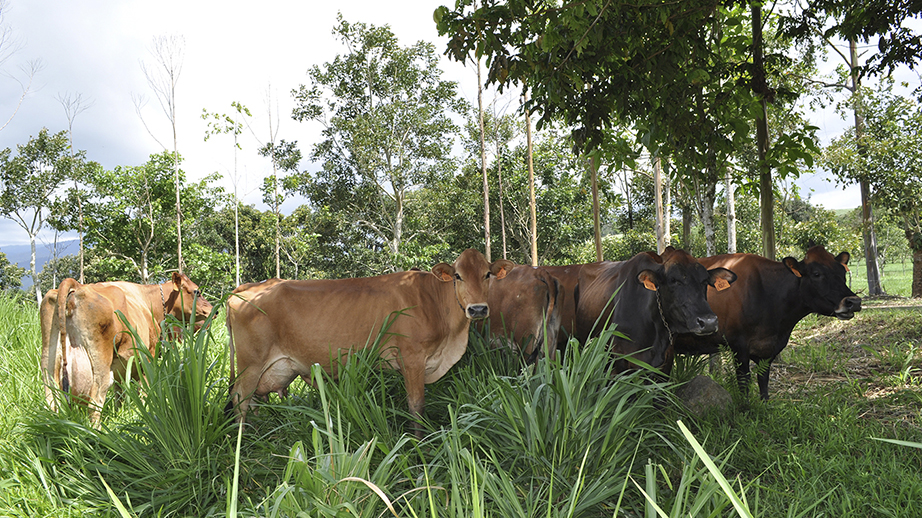
Ganadería sostenible
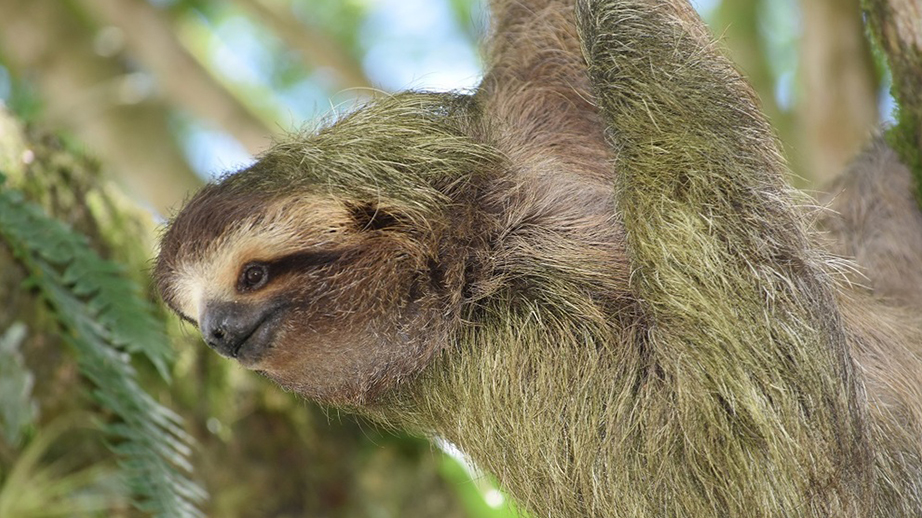
Fauna en el Campus
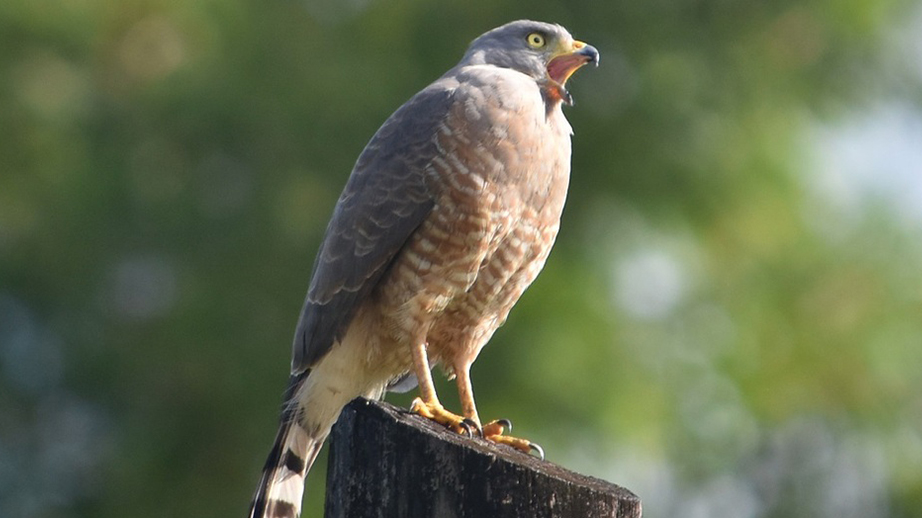
Fauna en el Campus
The Botanical Garden of CATIE is made up of an invaluable collection of genetic material which is conserved for research and education purposes. Housing more than 4000 genetic samples that represent around 400 species of plants from different parts of the world. It is here that you will see different kinds of trees, flowers, and animals. Likewise, you will have the opportunity to try exotic fruits.
Jardín Botánico
The International Club is located on our campus. It has two swimming pools, one specifically for children. Also, it has a restaurant and bar service to allow people to enjoy themselves with friends or colleagues. On the back of the building and swimming pool, there is a tennis court for the use of any person interested in playing some tennis surrounded by nature.
Club internacional

UBICACIÓN
Sede del CATIE
Turrialba, Cartago, Costa Rica

